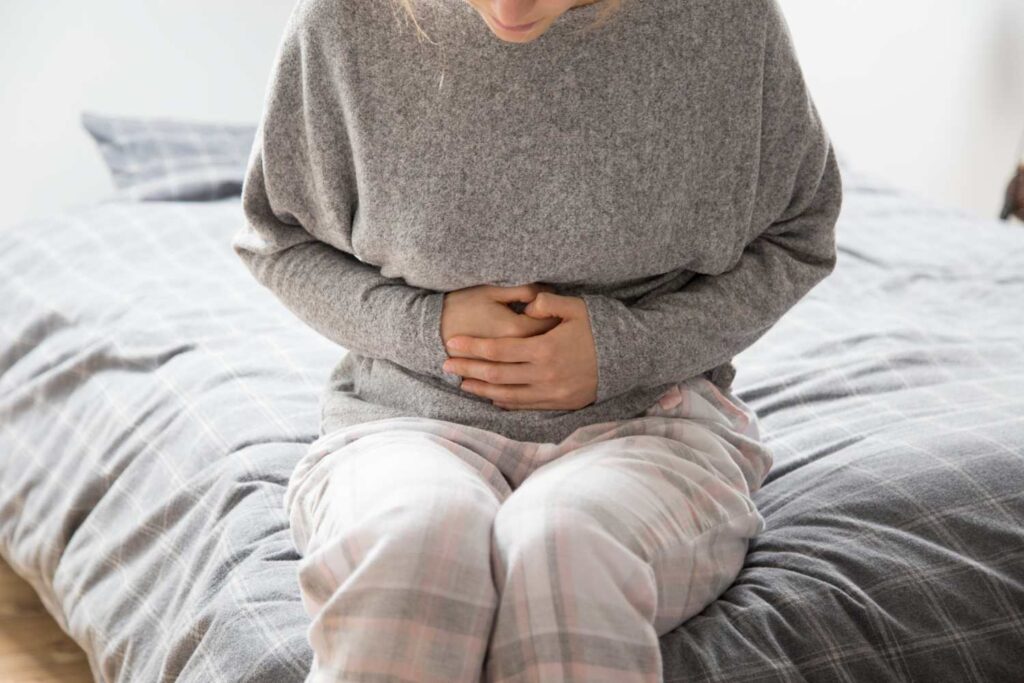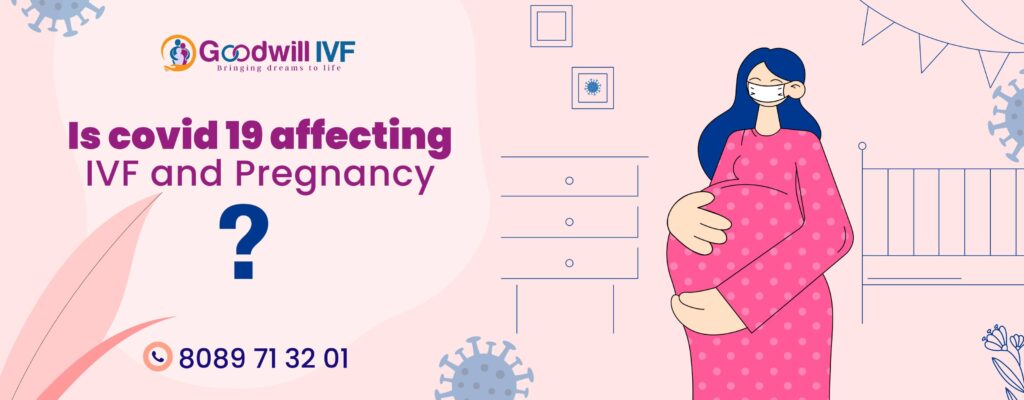Polycystic Ovarian Syndrome is a disorder related to the hormone levels of a woman. Women with PCOS produce excess amounts of male hormones or androgens. So they may have infrequent or prolonged menstrual periods. PCOS also leads to hair growth on the face and body and baldness.
It is better to detect and treat PCOS early, or it may cause long-term complications like Type 2 Diabetes and Heart disease.
Birth control pills and diabetes drugs can help in maintaining hormone balance and improving the symptoms.
What is PCOS
PCOS is a hormonal problem that affects women during their reproductive age. PCOS affects the ovaries, the reproductive organs that produce hormones that regulate the menstrual cycle, namely, estrogen and progesterone. A small amount of androgens is also produced by ovaries.
The ovaries release eggs each month, to be fertilized by a male’s sperm. This process is called ovulation.
Ovulation is controlled by Follicle-stimulating hormone (FSH) and Luteinizing hormone (LH), produced in the pituitary gland. FSH stimulates the ovary to produce a sac that contains an egg, called a follicle and thereafter LH triggers it to release a mature egg.
PCOS is a syndrome or a group of symptoms affecting the ovaries and ovulation. Cysts in the ovaries, high levels of androgens, and irregular or skipped periods are the three main features of PCOS.
‘Polycystic’ means many cysts. Many small fluid-filled follicles, each containing an immature egg, grow inside the ovaries. Ovulation is not triggered, as the eggs never mature enough. The lack of ovulation alters the levels of all four hormones. Progesterone levels decrease, and androgen levels increase. The menstrual cycle gets disrupted due to excess male hormones.
Causes of PCOS
The exact cause of PCOS is not known. Excess androgen production is believed to be the cause, which is attributed to factors like:
Excess Insulin
The pancreas produces Insulin, which allows your cells to use sugar from foods, for energy. If your cells have insulin resistance, they cannot use insulin properly and your body produces more insulin. Excess Insulin triggers the production of more androgens, leading to difficulty in ovulation. Obesity is a major cause of insulin resistance.
Inflammation
Women with PCOS have increased levels of inflammation that trigger the ovaries to produce androgens. This leads to heart and blood vessel problems. Being overweight can also cause inflammation.
Heredity
PCOS runs in families. Some genes are linked to PCOS.
Treatment for PCOS
Treatment of PCOS involves the management of individual concerns like infertility, obesity, excess hair growth, or acne. Lifestyle changes and medications are the specific treatments.
Lifestyle Changes
Weight loss may be recommended through a low-calorie diet with moderate exercise. If you lose even 5 to 10 percent of your body weight, it might improve your condition. Weight loss can improve cholesterol levels, lower insulin levels, reduce androgen levels, reduce heart disease and diabetes risks. By losing weight, the efficacy of medications increases, and it also helps with infertility.
Ask your doctor about a weight-control program, and together with your dietitian, set weight loss goals. A low carbohydrate diet can be a good option. Complex carbohydrates raise your blood sugar levels more slowly. A low glycemic index diet can also be tried, which gets most of the carbohydrates from fruits, vegetables, and whole grains, helping you regulate the menstrual cycle, more than a regular weight loss diet.
Be active. Exercise regularly in order to treat or prevent insulin resistance and keep your weight under control. 30 minutes of moderate exercise at least 3 days a week can be helpful. Ovulation and insulin levels are improved.
Exercise, when combined with a healthy diet, is even more beneficial. Risks for diabetes and heart disease are also lowered.
Medications
For regulating your menstrual cycle, your doctor might recommend:
Combination birth control pills
Androgen production is decreased by pills containing estrogen and progestin. Hormone regulation lowers the risk of endometrial cancer and relieves symptoms like abnormal bleeding, excess hair growth and acne. Instead of pills, you can try a skin patch or a vaginal ring.
Progestin Therapy
By taking Progestin for 10 to 14 days every one to two months, your periods can be regulated and endometrial cancer can be prevented. Progestin therapy does not improve androgen levels.
For ovulation, your doctor might recommend:
Clomiphene
Clomiphene is an anti-estrogen medication to be taken, during the first part of your menstrual cycle. It helps you get pregnant. Clomiphene increases the chances for twins and other multiple births.
Letrozole (Femara)
This breast cancer treatment helps stimulate ovaries.
Metformin
If Clomiphene does not help in pregnancy, your doctor might recommend adding Metformin. It improves insulin resistance and lowers insulin levels and can slow down the progression of pre-diabetes to Type 2 diabetes. If you take Metformin while practicing a weight loss diet and exercise, better results are obtained. Blood sugar is lowered and a normal menstrual cycle is lowered.
Gonadotropins
These are hormone medications that are given through injection.
For excessive hair growth, your doctor might recommend:
Birth control pills
These pills lower androgen production, which causes excess hair growth.
Spironolactone (Aldactone)
The effect of androgen on the skin is blocked by this medication. It can cause birth defects. So effective contraception is required while taking the medicine.
Eflornithine (Vaniqa)
This cream is a prescription drug that can slow facial hair growth in women.
Hair Removal
Excess hair can be removed by laser or electrolysis.
Surgery
If other treatments don’t work, surgery can be tried. Tiny holes are made in the ovary with a laser or thin heated needle to restore ovulation.
Goodwill IVF Treatment Center is one of the best IVF treatment centers in Kerala, with a team of specialists who have vast experience to their credit. Goodwill IVF Treatment Center offers PCOS treatment in the Malappuram district, with high success rates. Avail of the top-notch benefits provided by us, and get cured.


